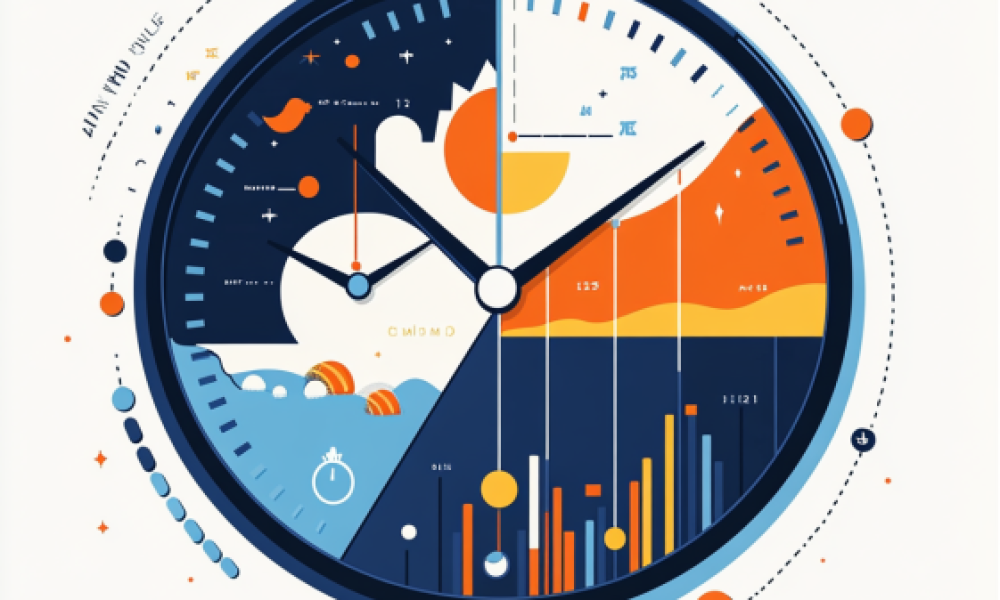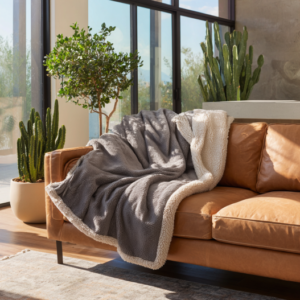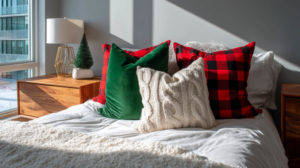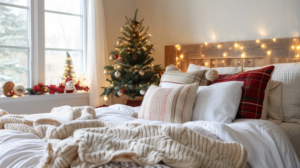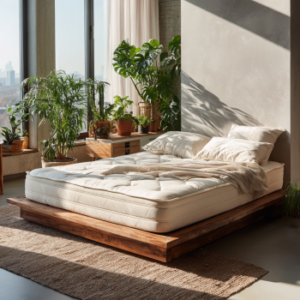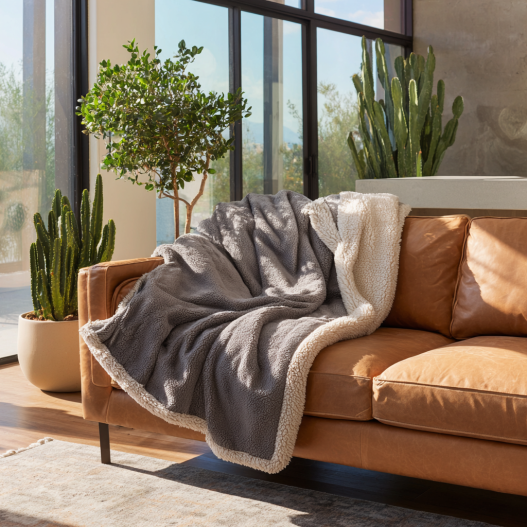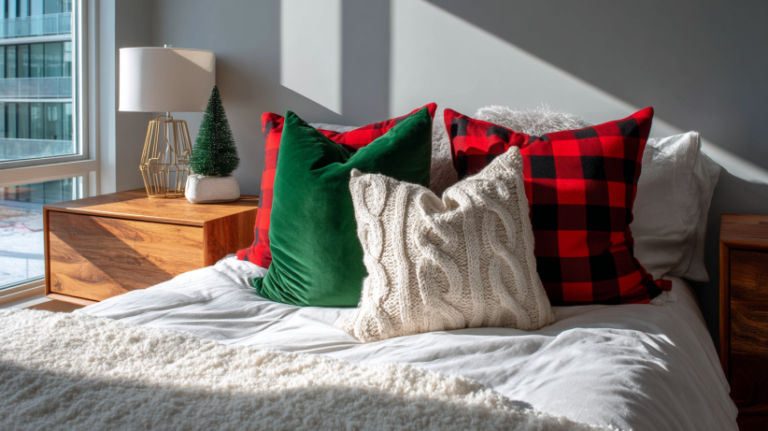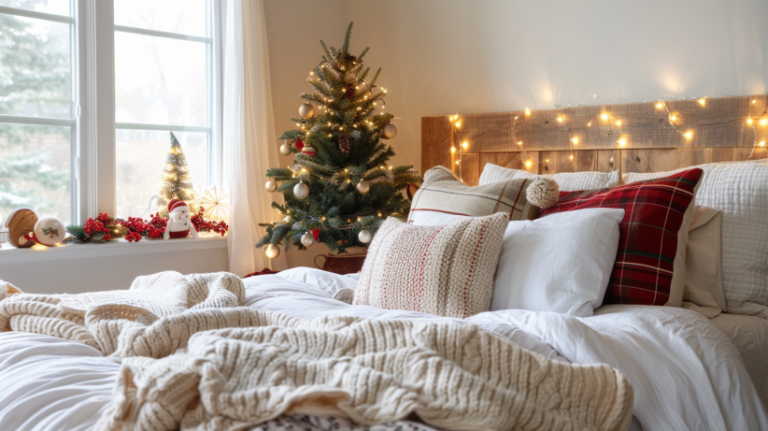The Ultimate Sleep Guide for Better Rest
The Ultimate Sleep Guide reveals powerful techniques to improve your sleep quality, fall asleep faster, and wake up feeling refreshed and energized.
Key Takeaways
- Discover 10 expert-backed sleep hacks to transform your nightly routine.
- Learn how to optimize your sleep cycles for deeper, restorative rest.
- Uncover practical tips for creating the perfect sleep-friendly environment.
Understanding Your Sleep Cycles
The Ultimate Sleep Guide emphasizes the importance of understanding your circadian rhythm and sleep cycles. Each cycle, lasting roughly 90 minutes, is divided into light sleep, deep sleep, and REM sleep. By aligning your bedtime with these natural cycles, you can wake up feeling more refreshed.
Learn more at Sleep Foundation – Healthy Sleep Tips.
Research shows that waking up in the middle of a deep sleep phase can lead to grogginess, also known as “sleep inertia.” To avoid this, aim for sleep durations like 6, 7.5, or 9 hours. Sleep tracking apps or smartwatches can help you find your ideal wake-up window. The Ultimate Sleep Guide also recommends maintaining a cool bedroom and ensuring minimal interruptions to protect your sleep cycles.
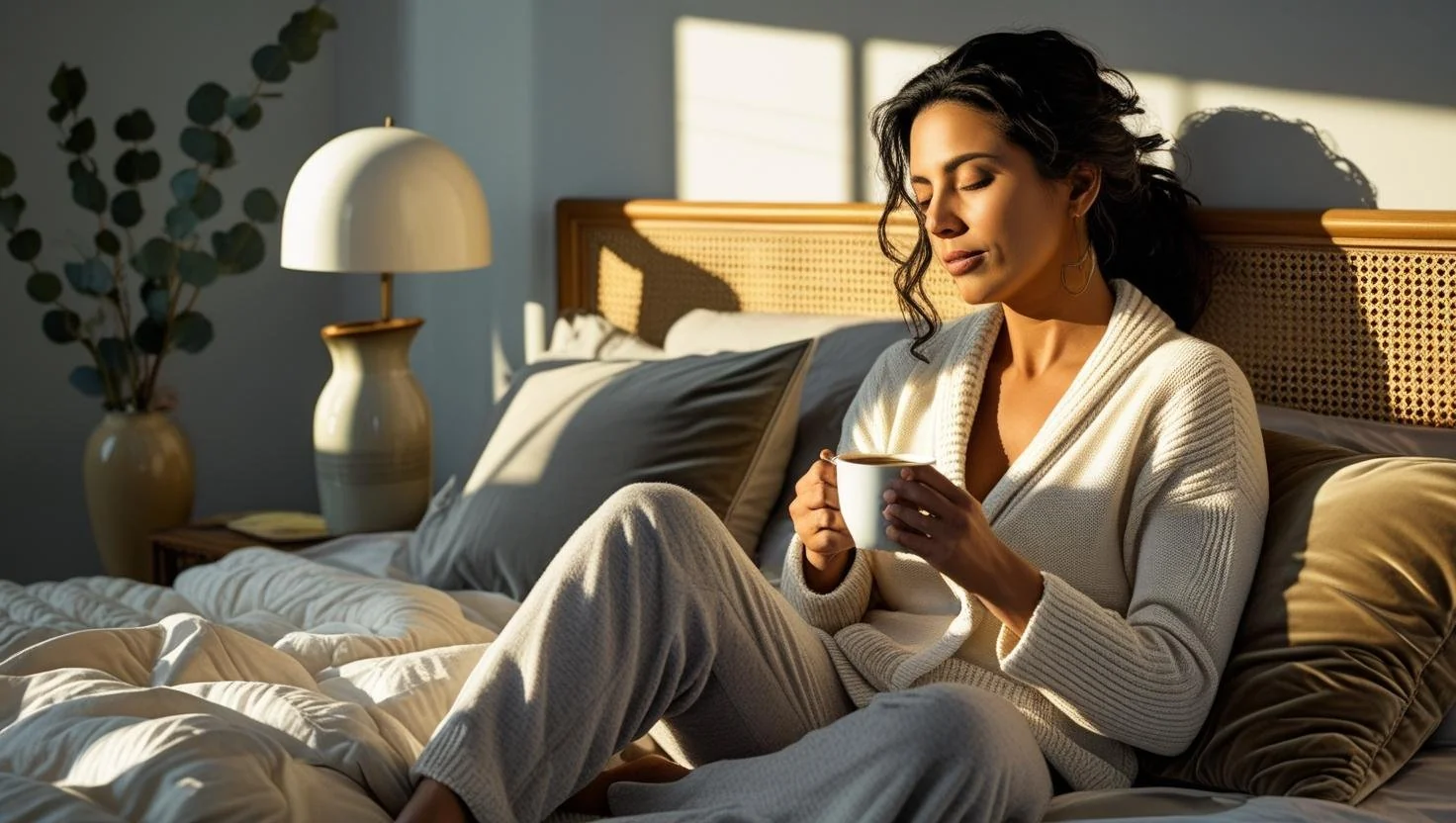
Falling Asleep Fast
Many people struggle with falling asleep quickly due to stress, overthinking, or poor evening habits. The Ultimate Sleep Guide recommends the 4-7-8 breathing method, progressive muscle relaxation, and the military sleep technique. These approaches calm the nervous system and ease your mind into restful sleep.
For advanced strategies, visit Mindfulness – Ultimate Sleep Guide.
One highly effective method is the “cognitive shuffle,” where you think of random, unrelated words or images to prevent overactive thoughts. Another technique is creating a soothing bedtime ritual—such as taking a warm shower or sipping herbal tea—that signals your body it’s time to rest. By incorporating these tricks, you can reduce sleep latency and enjoy better quality rest every night.
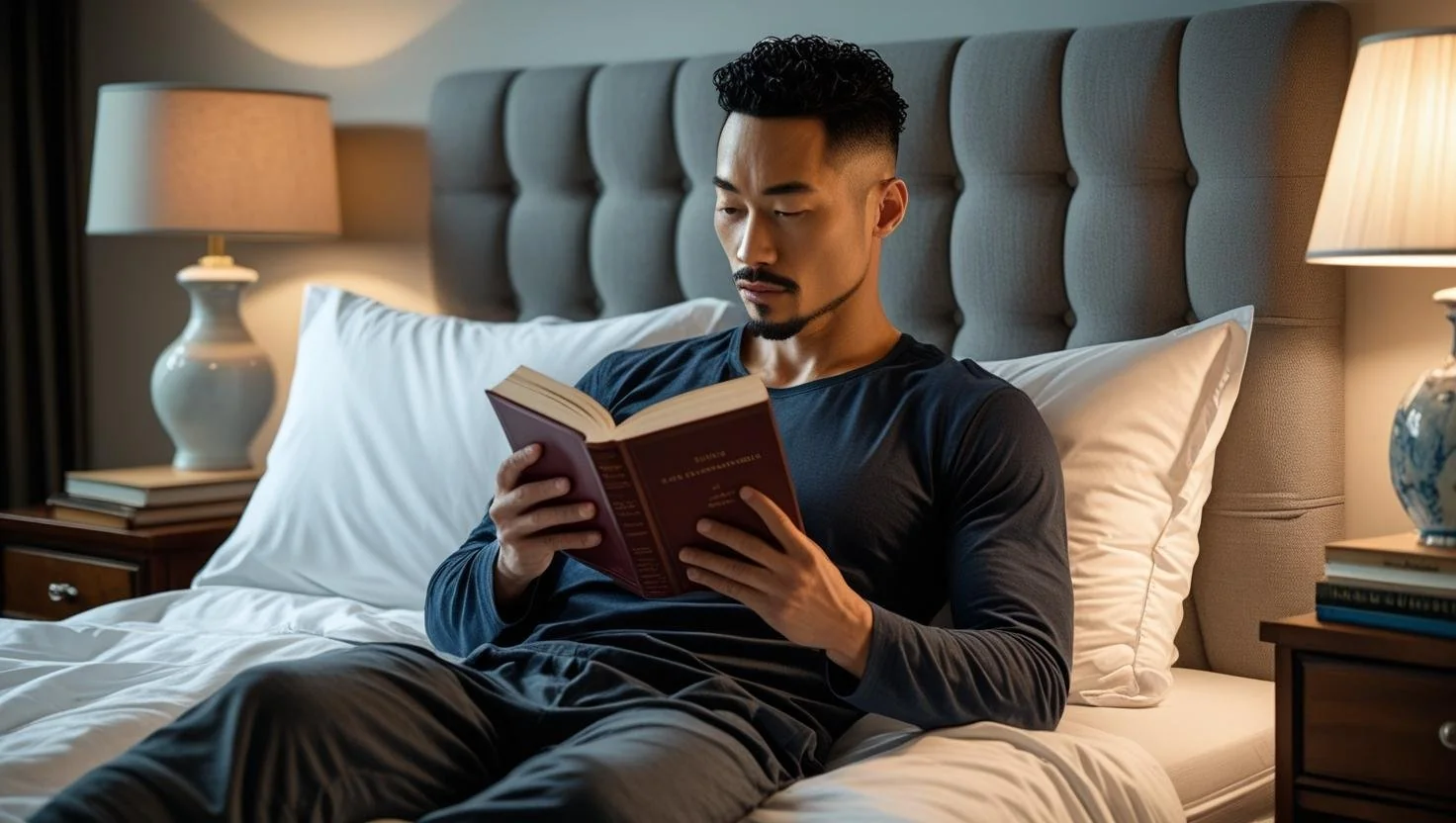
Optimizing Your Sleep Environment
Creating a restful environment is crucial. The Ultimate Sleep Guide suggests using blackout curtains, maintaining a cool room temperature, and investing in a supportive mattress and pillow. A clutter-free space reduces stress and promotes better sleep quality.
Read about science-backed tips on Dr. Craig Best’s Guide to Sleep Hygiene.
Noise and light are two of the biggest sleep disruptors. Consider using white noise machines or earplugs to block out disturbances. Aromatherapy, especially with lavender or chamomile essential oils, can also enhance relaxation and improve your sleep onset time. Investing in high-quality bedding materials—like breathable cotton sheets or bamboo fiber—further promotes a comfortable, restorative environment.
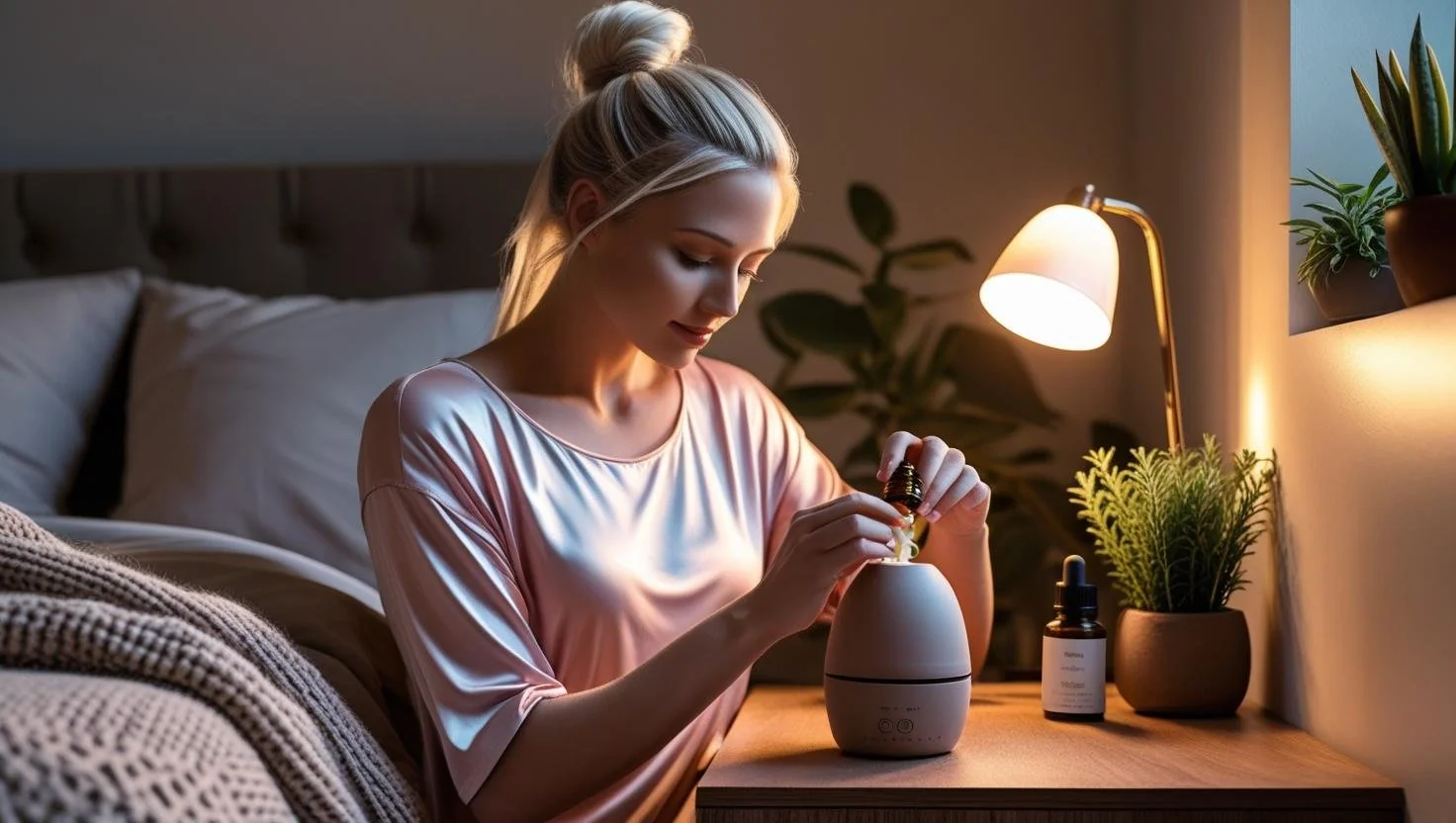
Cutting Down on Blue Light Exposure
Blue light from electronic devices disrupts melatonin production. The Ultimate Sleep Guide advises using blue-light-blocking glasses, enabling night mode on devices, and replacing screen time with relaxing activities like journaling or reading.
Studies show that even short exposure to blue light before bedtime can delay sleep onset. To combat this, schedule at least 30-60 minutes of screen-free time before going to bed. Swap scrolling on your phone for light stretches, meditation, or reading a physical book to allow your body’s natural melatonin production to kick in.
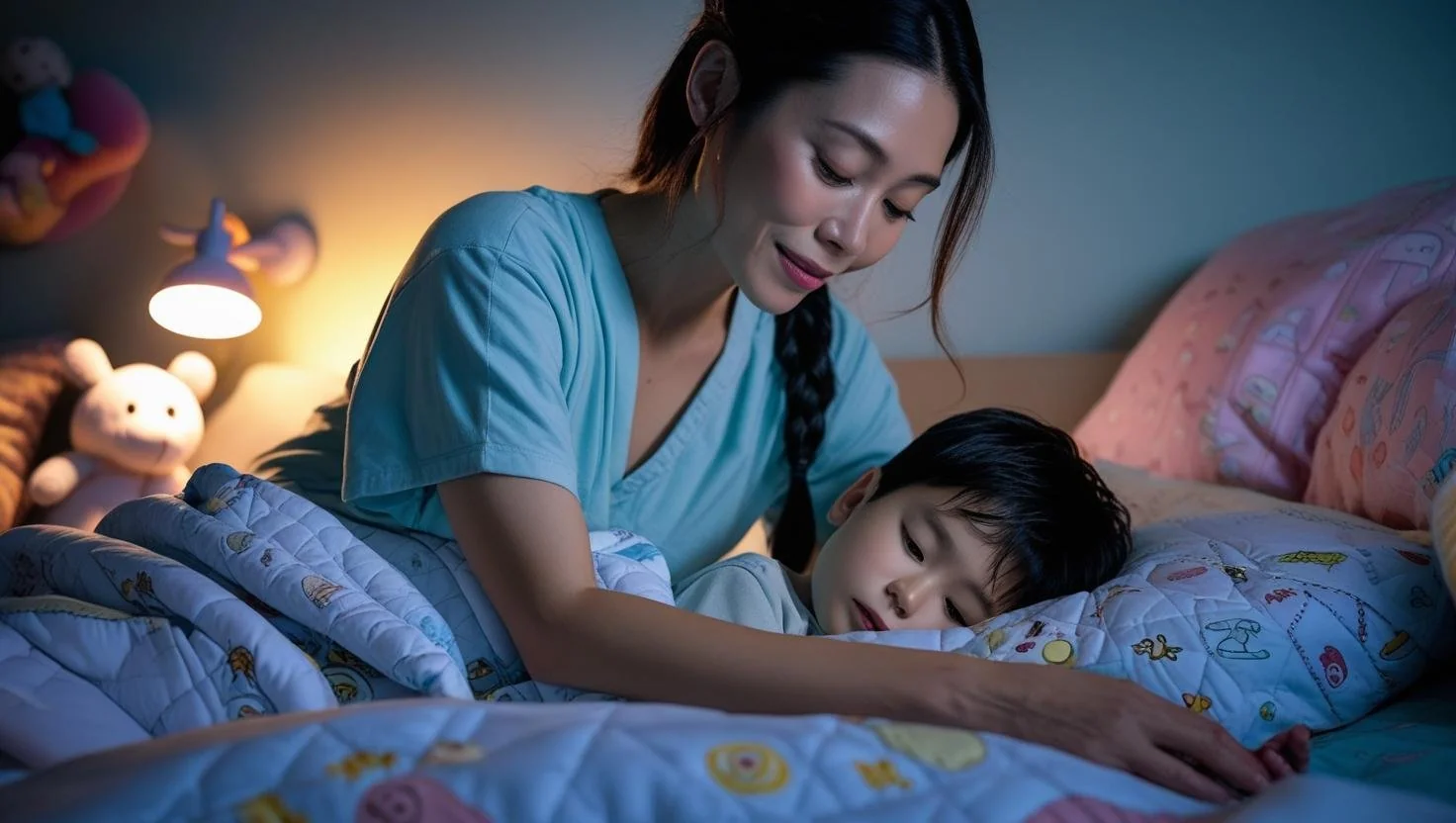
Following a Consistent Sleep Schedule
Consistency is key. The Ultimate Sleep Guide highlights the benefits of going to bed and waking up at the same time daily, which stabilizes your internal clock and improves sleep quality.
For healthy lifestyle habits, see Mayo Clinic – Sleep Tips.
This habit trains your body to expect rest at a certain time, reducing insomnia and improving REM sleep cycles. Avoid staying up late or sleeping in excessively during weekends, as this can disrupt your rhythm and lead to what experts call “social jet lag.”
Using Melatonin Wisely
Melatonin supplements should be used sparingly. According to the Ultimate Sleep Guide, a low dose (0.5-3mg) is sufficient for occasional use. Long-term reliance can interfere with natural melatonin production.
To boost natural melatonin, avoid bright lights at night, expose yourself to morning sunlight, and create a pre-sleep ritual that helps your body transition from wakefulness to rest.
Managing Stress for Better Sleep
Stress is a major barrier to quality sleep. The Ultimate Sleep Guide recommends mindfulness, meditation, and pre-bed relaxation rituals to reduce anxiety and prepare the mind for rest.
Journaling your thoughts, practicing gratitude, or listening to calming music are all effective ways to lower stress levels. Yoga and breathing exercises before bed can also release muscle tension and prime your body for deep sleep.
Exercising for Better Sleep
Exercise improves sleep quality, but timing matters. The Ultimate Sleep Guide suggests avoiding vigorous workouts close to bedtime and instead incorporating morning or afternoon exercise for optimal results.
Regular exercise boosts slow-wave sleep, the deepest and most restorative phase. Even 30 minutes of moderate activity like walking or cycling can make a significant difference.
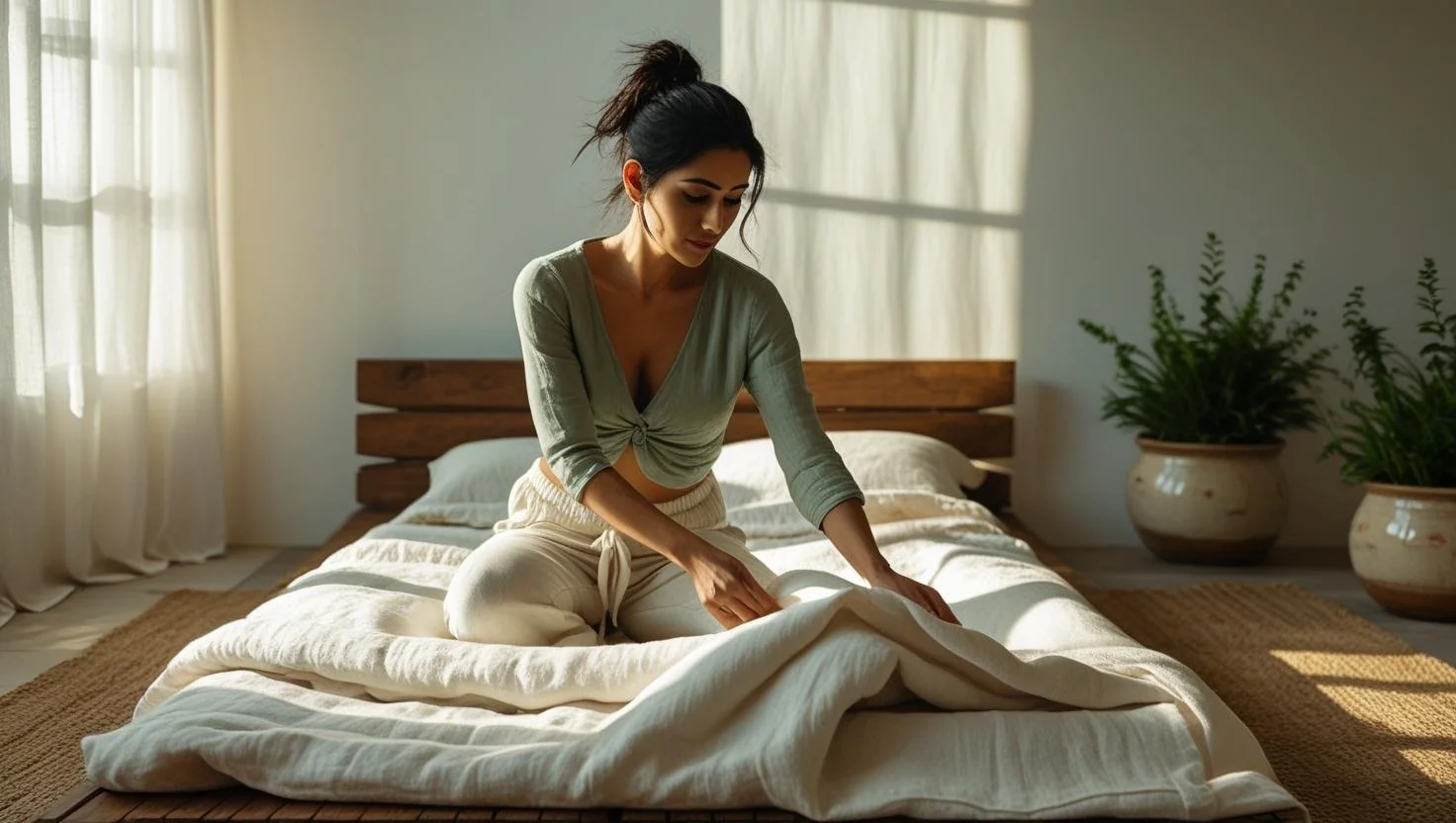
By following the Ultimate Sleep Guide, you can fall asleep faster, enjoy deeper rest, and wake up feeling revitalized. Implement these 10 expert-backed hacks tonight to transform your sleep.
FAQ
- What is the Ultimate Sleep Guide?
- The Ultimate Sleep Guide is a comprehensive set of strategies to help you optimize your sleep cycles, environment, and nightly habits.
- How can I fall asleep faster?
- Techniques like the 4-7-8 breathing method, progressive muscle relaxation, and mental imagery can help you fall asleep quickly.
- Does blue light affect sleep?
- Yes, blue light suppresses melatonin, making it harder to fall asleep. The Ultimate Sleep Guide recommends reducing screen time before bed.
Learn more in deep sleep hacks and explore mattress selection tips to improve your rest. You can also read about sleep hygiene techniques for a holistic approach.

